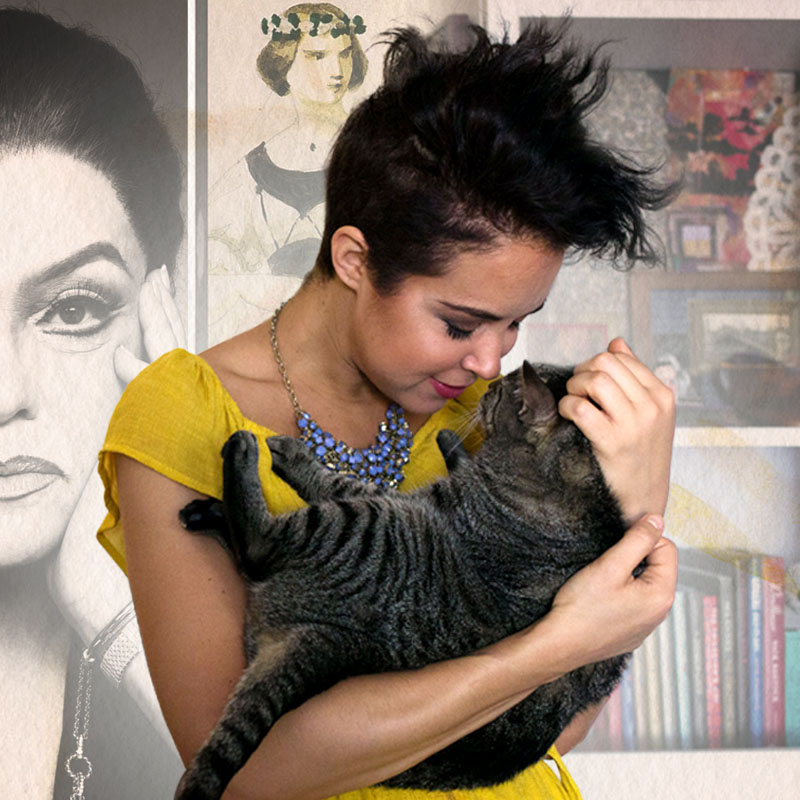Modern-Day Alchemy: a Tale of Mentorship
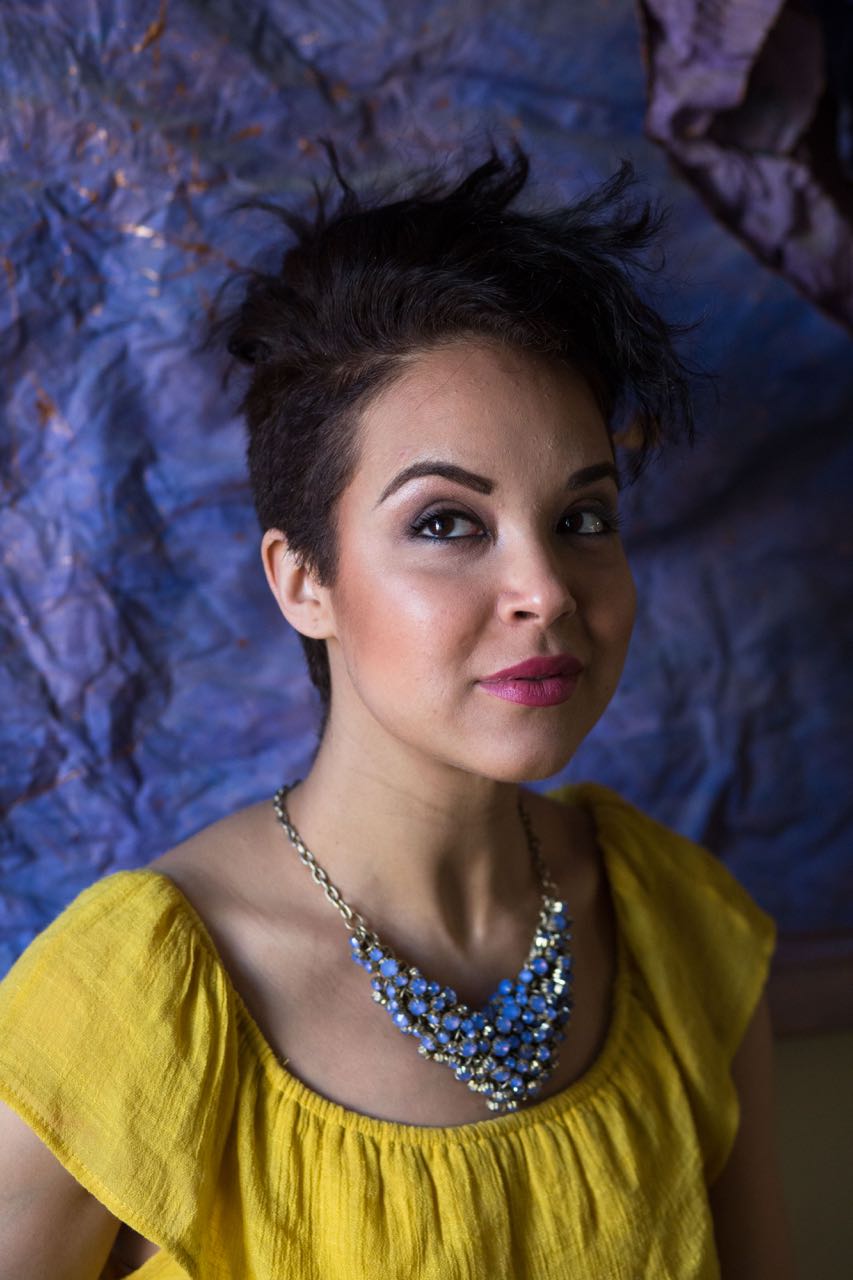
Written by Alexandra Silber
Photography by Tess Mayer
September 14th, 2016
(i.) Introduction
TYNE: So when are you going back in?
ME: Next week.
A few years ago, I auditioned for a regional theatre production of Gypsy, and decided, naturally, to discuss this with Tyne Daly, my mentor and friend.
This is the rough transcript from the middle of our phone call:
TYNE: Haven’t we discussed that you don’t really have the legs?
[:Sigh:]
ME: …Yes, Tyne.
TYNE: Well you have everything else! You have the soul! And you have tits (and she didn’t have those). Plus, I think science has proven that if you have tits, no one cares about your legs. But you should probably wear dark hose. NOT patterned hose, just DARK, SOLID HOSE—
ME: —Okay.
TYNE: If all else fails there are always shoes—
ME: —Okay! Thanks Tyno.
TYNE: [Singing] —AC-CEN-TUATE THE POS-I-TIVE!
ME: I get it.
TYNE: Anyway, are we meeting this weekend? I thought we could go for a walk.
ME: Sure. I could use some exercise for my hideous legs.
TYNE: I’m ignoring that. How about we walk from the top of Central Park to the bottom?
ME: Sure.
TYNE: All we need is the right shoes and the right attitude. Which, come to think of it, is all we ever need…!
[Scene]
(ii.)
Some mentors are easy to spot: they work for the Y, they have an office, a piece of paper that says they’re “allowed” to be looked up to and followed.
Often, they also have a specific connection to a vocation, like in the apprenticeship model of ye olden days. A young up-and-comer with reasonable potential, a fair amount of hutzpah, and a spark of fire in the their belly dutifully reports to the workplace of Ebenezer Scrooge to learn a trade (hopefully with more coal and fewer ghosts).
In modern times, we have less and less of these relationships. The internet has become our universal teacher and connecter—an apprentice can learn almost anything from the world wide web—from make-up tutorials and de-husking corn, from tiling your own bathroom to the intricacies of complex computer repairs. We no longer look to others we know, but to helpful, anonymous strangers.
I’m not complaining. I’ve credited YouTube countless times for assisting me in getting shit done (thank you for helping my mom reverse flush her engine core, The Internet!).
But what gets lost is palpable—a relationship cherished and nurtured since Ancient Greek times, engrained deep in the mire of our culture: true mentorship.
And what, truly, is mentorship? Traditionally, it is defined as a relationship in which a more experienced or knowledgeable person helps to guide a less knowledgeable or experienced apprentice (sometimes called a protégé—or, in contemporary times even referred to wryly as a “mentee”), so that the master’s knowledge and mastery becomes the protégé’s, giving them a launching pad with which to create their own path to individual mastery.
A great mentor knows where to focus attention and how to properly challenge the protégé, providing the most productive and meaningful kind of insight. Great mentors provide immediate and realistic feedback on the protégé’s work, so they can refine their skills in a streamlined and often transcendent manner.
But those are all big fancy words.
True mentorship is, above all, a connection based on Ye Olde Human Interaction, a learning partnership between someone with vast experience and someone who wishes to learn on a deeper level. One in which the tribal elder exceeds the practical role of teacher—that is to say, one who shares factual information—but goes beyond, to the highest reaches of human connection.
In essence: the way one can spot mentorship is that in its presence, both parties are forever transformed.
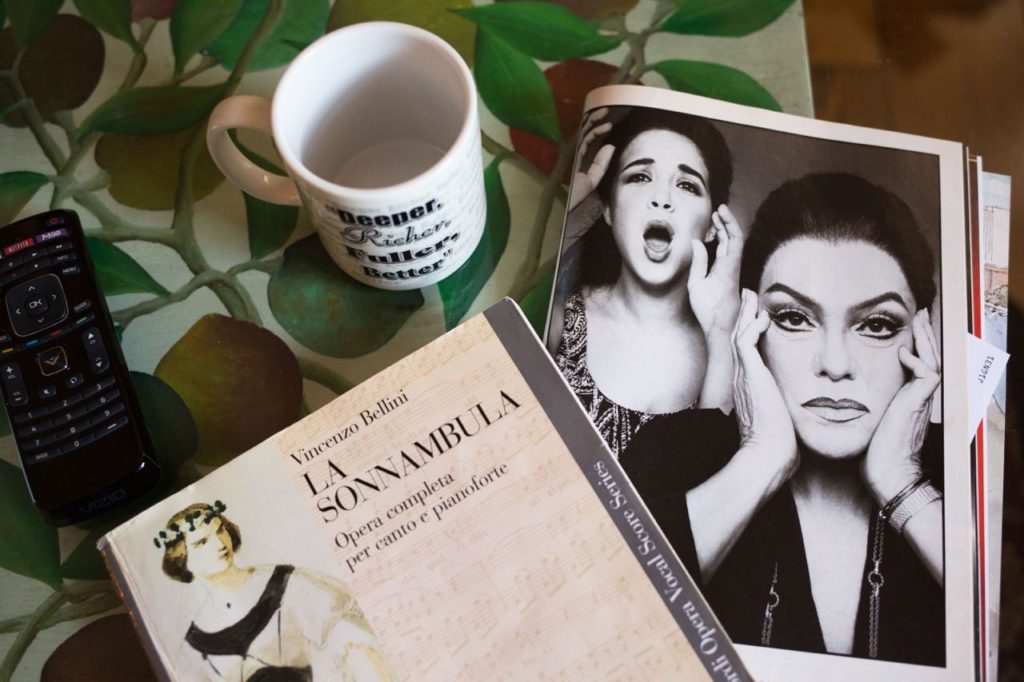
(iii.) Tyne and I
I first met Tyne Daly in March of 2010, when I was fortunate enough to be cast as Sophie DePalma in Terrence McNally’s Master Class at The Kennedy Center as part of a festival titled “Nights at the Opera”—a trilogy of McNally plays about McNally’s greatest passion.
A gaggle of beautiful actors were all gathered together in our Nation’s capital. Little did I know that what was to be a period of extraordinary personal change, transformation, and adversity was also a period of the same for everyone in our company. Including, if not especially, for our leader, Tyne. On day one I learned my first lesson from Tyne:
“Hey kid, breathe. It’s free.”
The details of that are unimportant; suffice it to say, everyone (and I do mean every single person) was going through it, looking-up-to-see-the-bottom kind of struggles. Heartbroken, grief-stricken, stupefied, and God-oh-God out of town, we all made the choice (lead by our fearless leader Tyne) to come together rather than isolating ourselves in the hotel rooms of our individual miseries.
The climate of tenderness that surrounded that rehearsal process and run was a kind of aperture into the deepest recesses of human vulnerability. It was then I learned my second lesson from Tyne: What does it mean to truly be a leading lady?
“Two things only: a leader and a lady.”
We were brave because she helped and encouraged us to be, and to bring our highest selves to the process. It lead to our greatest work, a Broadway transfer, and not to mention lifelong relationships.
But what happened between Tyne and I specifically was magical—we had a connection in our eyeballs that I lack language to express. We shared something on a deeply spiritual level. And, as Sophie learned from Callas, so did Al from Tyne, and all the combinations therein.
The day we meet Sophie DePalma in Terrence McNally’s beautiful play, she has a great deal to prove—to the Juilliard faculty, to her classmates, to Bellini, to that hateful ex-boyfriend we know nothing (and everything) about. But the day we meet her, all of that is secondary. That day, Sophie has everything to prove to herself. And when I first met Sophie, so did I.
When I arrived in Washington, I had been living out of a suitcase for about 6 months—possibly running away from my life in London, or possibly running toward a new life in the Land of the Free. I wasn’t entirely sure, so broken was my heart, so blown up was my life. I accepted Master Class with delight, not least because of the company I would be keeping, but looking forward to a lighthearted character to sink my teeth into, to lift my spirits. I had no idea how deeply wrong I was about Sophie, nor how in line her spiritual condition was with my own. But there we have another cluster of Tyne’s lessons:
“There are no accidents.”
and
“Backwards is not a direction.”
Every one of us, no matter what we do or how well we seemingly do it, no matter our status, security, the number or depth of relationships—every single one of us fears that we are Not Enough. And there Sophie is—emotionally poverty-stricken and in the wrong outfit. She is overly solicitous, eager and cute, and full of inappropriate one-liners, all in an attempt to beg for a scrap of love. Sound familiar?
Yet, we all also possess a kind of greatness inside of us. Something, no matter how miniscule it may seem, is there waiting, surging with a kind of ancient longing. It is holding on for the day we find the courage to burst through.
The truth is, so few of us ever do. That is alright. That is allowed. But when it happens, it is a transformative, deeply miraculous thing.
The day we meet Sophie DePalma? She does it.
It happens.
That miracle.
Callas demands “juice, passion,” self from Sophie. Callas’ techniques may be clumsy, violent, harsh, oddly caring and sensitive, definitely unpredictable, and probably accidental, but it doesn’t matter. What they find together touches upon the wisdom derived from that ancient longing. Sophie gets it. And both are transformed. Or shall I say all are transformed? Yes. I think that is accurate, for we all take that journey with them. I know that I shall never be the same myself.
Perhaps that is why I love Sophie DePalma so much—hers is a tiny story, but one as old as the world.
A story of hope.
Her story was my own. And Tyne demanded the same juice, passion, and courage from me that Callas demanded from Sophie.
Suffice it to say: all were transformed.
Tyne trusted me enough to bestow upon me the honor of truly playing with me. Playing in the fencing-master-tossing-a-rapier-at-the-student-who-has-some-potential sense of the word. She picked up her blade and challenged me with a valiant, open heart and a wry smile. To this day, it was the best match of my life.
She treated me like an equal both on and off stage, and I endeavored to deserve that honor. Her game improved mine, and what we alchemically created together is, without exception, my greatest and most precious creation. We played the kind of “Deep Chess” Lawrence Ferlinghetti talks about in his poem of the same name.
“For you must play deep chess
Like the one deep game sparky won from fisher
And if your unstudied opening is not too brilliant
You must play to win
Not draw”
Her Callas was towering, tender, monstrous, human, vulnerable, honest, and ultimately, incandescent. As long as I live, I shall never forget it.
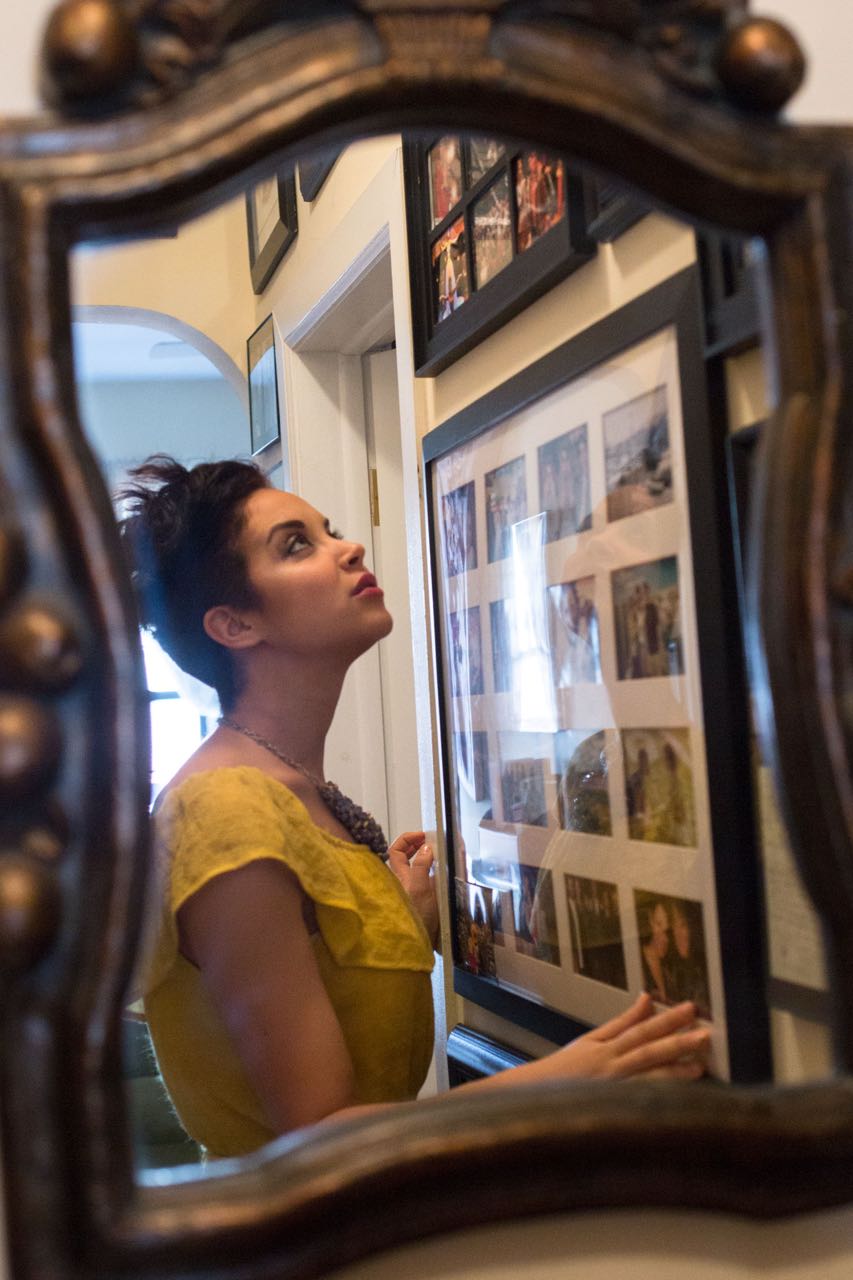
(iv.) Mentorship: Modern-day Alchemy
It is a known fact that when we admire people, we become more impressionable to everything they say and do. We pay fervent attention, with a deeper kind of regard, and because our souls are engaged, this allows for a more powerful kind of learning.
After the run of the aptly titled Master Class in Washington, I was at a loss for what to do with my life—more specifically, where to live next. I had spent the last eight years in the United Kingdom and did not have a base in any American city…
What did Tyne suggest? Why, moving in with her of course. What followed was (yes, as you probably dreamed) a series of Auntie Mame-like tales of absolute joy, friendship, and epic learning—a back-and-forth dynamic that fuelled us both. An electric spark that only burned brighter as I gazed deeply into her mirror.
Lessons like believing in your own longevity:
“Long after the world has forgotten so many, I am going to come see you play Cleopatra. Just keep going kid.”
Lessons like:
– Day trips
– Poetry recitations
– How to make the perfect ginger-beer
– Countless trips to concerts and the theatre (naturally)
– Poker night (in which I won $28 and a pair of Sharon Gless’ glasses)
– Twelfth Night
– The listening of radio plays
– Writing
– Discussions of theatrical greats of yore
– The moving of my 110-year-old Chickering piano to her New York apartment, where it currently still lives.
– Tarot card readings
Recently, when my heart broke in the presence of another theatrical life lesson, she reached across the table, fiercely gripped my hand, and offered the following:
“You are gonna be heartbroken, beaten to death, crushed to a pulp, disappointed, and obliterated. But other than that? You’re gonna be okay…”
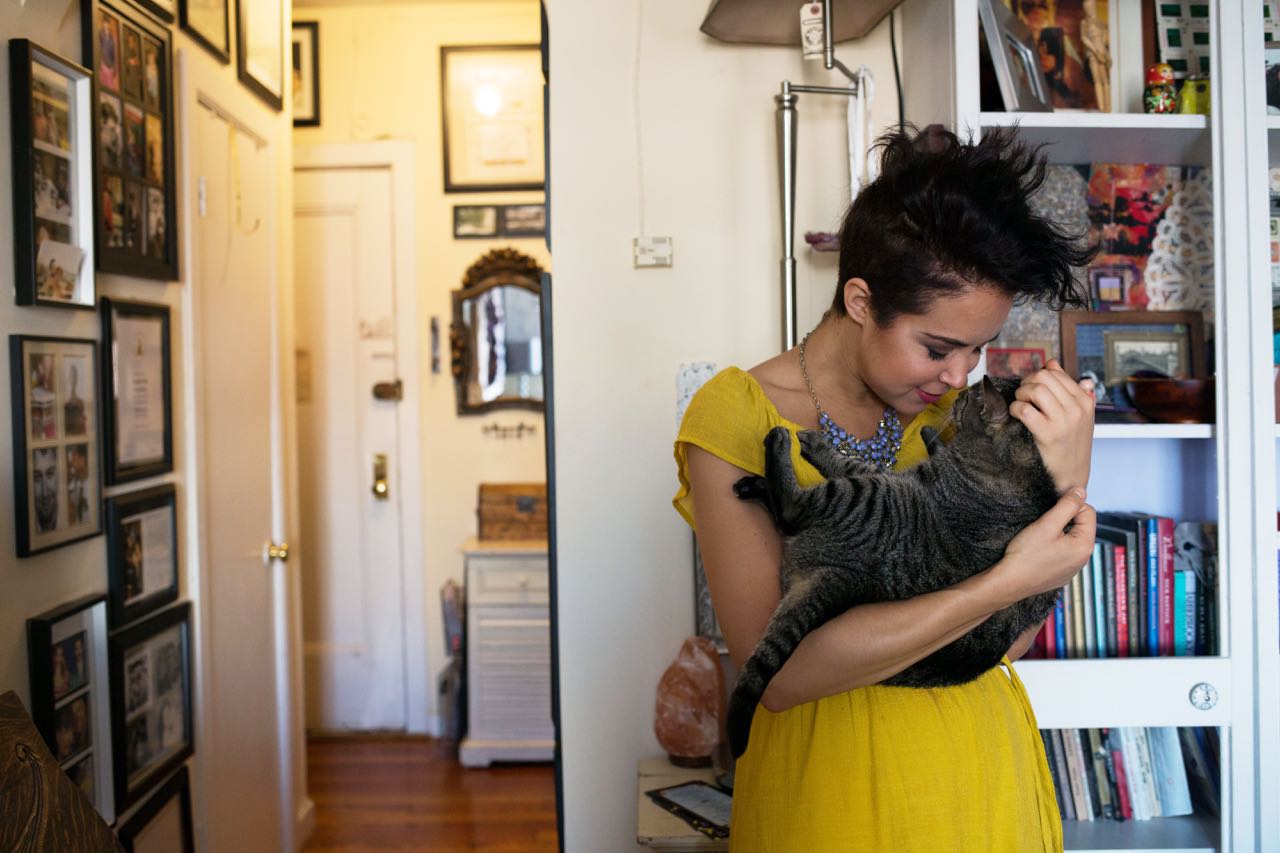
(v.)
Life is ephemeral. So is the theatre. We cannot hold it in our hands. We all love that which vanishes. The play must end. The company shall disband, life will march on.
And just like the ephemeral theatre, thus is life: Our time here on earth for learning and growth is finite. Nowadays, we often think it is admirable to “become ourselves” all on our own, to DIY the apprenticeship phase of development and emerge fully formed as if artistry and mastery hatch out of an egg with no visible signs of effort or training.
I encourage you to humble yourself to the apprenticeship process, for without role models, teachers, parental figures, and mentors, we can waste valuable time attempting to gain knowledge from unserviceable sources. Above all, while we must always strive to grow beyond those who came before us, we must revere and learn from those that broke the ground originally, endeavor to honor their legacy, and then continue it in our own vision.
Further, be courageous enough to ask for mentorship. There is always a quivering ego involved in asking for help from those we admire, but trust that those with lessons to offer, more often than not, truly wish to have the opportunity give back in a meaningful way; they are merely waiting to be invited to do so. Have faith that the process will be mutually beneficial, and remember: no matter what, there is nothing to be lost by complimenting a master and asking for their guidance.
(vi.) A Moment
Hours before our first preview on Broadway, Tyne asked me to come down to her dressing room to run our lines together in an “Italianne”— a run of the lines at increased speed. Italiannes are like callisthenic warm-ups for your brain, and with so much talking and nerves high, they are a great tool in moments such as these.
We settled down, placed our bags, zipped our cardigans, and sat down in her room—not yet moved into, not yet her own.
And then, without ceremony, we began.
There was no music. There was no one else. It was just us and the words.
Throughout this experience, I had accustomed myself to criticism—I relied on Tyne’s feedback to be a realistic appraisal of who I was as a human being and actor; through that kind of evaluation, we all develop a confidence that is much more tangible.
One might think that in that dressing room—fluorescently lit and unceremoniously dressed—that this little exercise of the run would be dry, hollow. But the words were so powerful, and our feelings for those words and for each other so unutterably potent, we both directly went ”there.”
Tears fell.
Hands were grasped.
It was our own little theatre, our own magic, right there in that sterile little room.
It is in this sacred moment that I realize I have chosen, and been chosen by, the perfect mentor, according to my dreams and Life’s mission—the future artist I aspire, endeavor, and dream to become. The mentor you choose must be allied in the same way.
“… I want you to imagine you are Amina. This is opera Sophie. You’re alone on a great stage. Make us feel what you feel. Show us that truth…”
That’s it.
We finished.
There was a silence, and in it, we both looked away.
Then she leaned in, held my hand and uttered,
“I love this. And you.”

